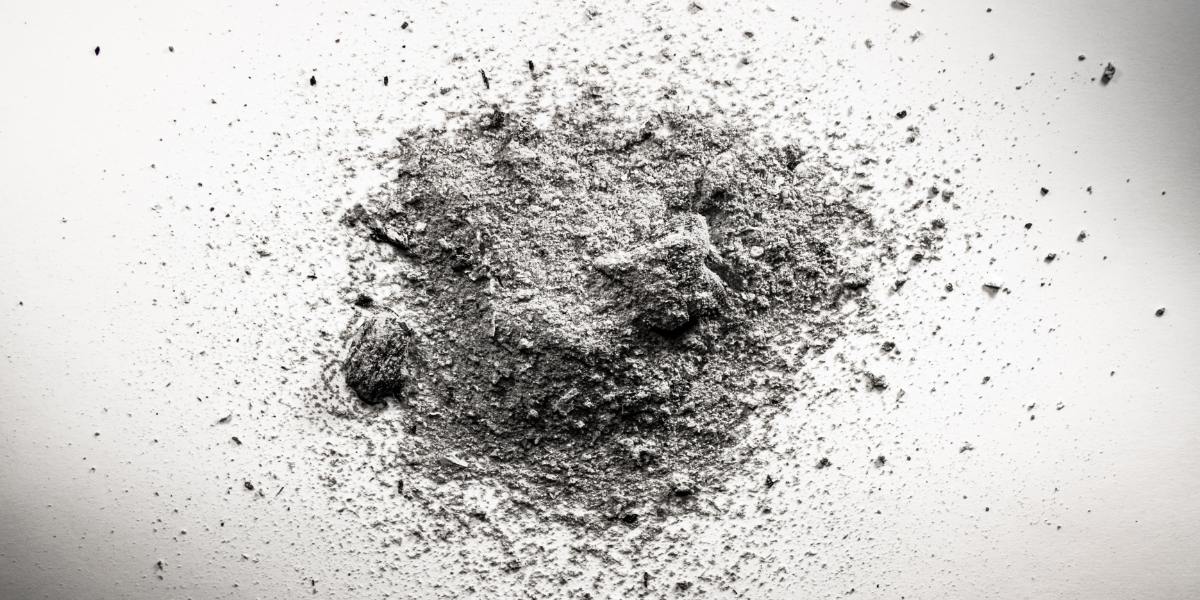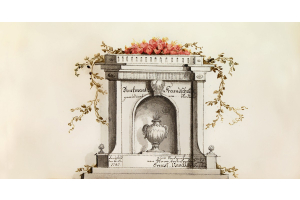
For an increasing number of people, the decision to cremate is simple. What they may or may not do with the ashes is a different matter entirely. While traditional burial is fairly straightforward, cremation opens up a world of choices for people planning for the future and their families. This decision comes with a variety of new concerns to address. By looking at the legal, religious and moral ramifications surrounding cremation, families can make the best selections for them and their loved ones' final wishes.
Legal Considerations
But, this is not the only choice families can make. Ashes may be kept at home legally anywhere in the U.S. When people plan for their cremation and memorial service, scores of them wish to have their ashes scattered in a location that was particularly meaningful to them. If that spot is private property, the family need only obtain permission from the owner.
For public property, the rules are a bit murkier. For example, if someone wishes to scatter ashes at a national park, they may find that park very accommodating. Many national parks allow people to scatter ashes, with a few concessions. The ashes should be fully scattered, not left in a pile. Families must pick a spot that is away from common walkways and water (e.g. lakes, ponds, rivers). Other public venues have different rules that will depend largely on the management's preferences. Scattering or burying ashes in water requires a different approach.
Most states do not allow people to scatter ashes in rivers or on beaches, although California permits scattering 500 yards from the beach. In some states, pilots may scatter ashes by plane, but they must drop it from a minimum altitude. Many families who wish to dispose of the ashes at sea discover that burial is easier to manage than scattering. The Environmental Protection Agency allows boats and planes to drop ashes in a biodegradable urn three nautical miles from the shore.
Religious Concerns
The decision to bury, scatter or keep the ashes at home is affected by the person's religious beliefs, as well. Since all religions are different, the expectations for final ceremonies and burial may vary widely. However, most require that the bodies of loved ones, whether they are kept whole or cremated, should be treated with the utmost respect. And, major world religions are adjusting their perspectives to accommodate a greater Western preference for cremation over traditional burial. The Roman Catholic Church, for example, now permits cremation.
The church recognizes that about 20-40 percent of Catholics would prefer to be cremated. Catholicism had a general preference toward burial until the 19th Century, when Catholic clerics codified rules against performing last rites on individuals who intended to be cremated. However, in the last half of the 20th Century, the church undid that policy. Now, faithful Catholics who wish to be cremated may receive all the rites and ceremonies due to them, with one caveat.
They must agree that they are choosing to be cremated, even though they believe in the resurrection of the body. For people in the Jewish tradition, the rules are less obvious. It reflects some deep discussion and disagreement between various sects of Judaism. The basic principle is simple: according to Jewish tradition, when people die, they should return their bodies to the earth. While this denotes a clear preference for burial, as opposed to keeping the ashes or scattering them, there is also disagreement. Some Jewish scholars argue that this precept bans cremation. Others note that the Torah and Talmud do not specifically forbid cremation. As such, many rabbis in the Reform and Conservative Jewish sects opt to perform burial ceremonies for those who have been cremated.
They say that cremated remains must be buried in a Jewish cemetery. But, many more rabbis do not, claiming that those families who choose cremation often do not follow other important rituals following the death of a loved one. The message, however, is clear: despite disagreement about the permission to cremate, all ceremonies and rituals must be followed.
Moral Matters
Respect is a common thread, tying together all the considerations families have to make when debating how to deal with a loved one's cremated remains. Respect for the body. Respect for the place of burial or scattering. Respect for the religion that the person belongs to. This means that families should approach the disposition of ashes from a perspective of care and concern. While this may seem obvious, it is not to everyone. Some families end up leaving the ashes at the funeral home because they do not know what to do with them. In some cases, those ashes remain there for decades.
Ultimately, while traditional burial and cremation are two very different concepts, they also have a lot in common. In both cases, families should be given the opportunity to grieve in the form of a funeral or memorial service. Preferably, families should schedule the service shortly after their loved ones have died. That way, friends and relatives can gather to reminisce and remember the person who passed, as a means to progress through their own journeys of grief. And then, after the ceremony, the ashes may be properly buried, scattered in the right location, kept at home, or some combination of these. With the right approach, families show their regard for their loved ones and the institutions and world around them. While there are many rules about the scattering or burial of ashes, people can still find wonderful options that will serve their loved ones' preferences.
The key is to honor the loved one who has passed, with proper attention to the disposition of ashes and performance of rituals and ceremonies important to the deceased's spiritual beliefs. With this attention and an opportunity for family and friends to grieve through a memorial service, families resolve the most important legal, religious and moral considerations facing them.







You should be fine placing the small box of ashes in the casket. It is common for small mementos and other special items to be placed in caskets along with the deceased. Every funeral home has its own regulations though. Just to be safe, I would suggest calling the funeral home you plan on using in advance, to see what there policy is. I hope this helps, take care.
Sincerely,
Susan Fraser
Im sorry to hear you are going through such a difficult time trying to get your moms ashes back. Do you know if your mom had any kind of will in place? Or did she put in writing what she wanted done with her cremains after she passed away?
I'm so sorry this has happened. Was the urn taken and buried by another family member? Or someone close to your sister?